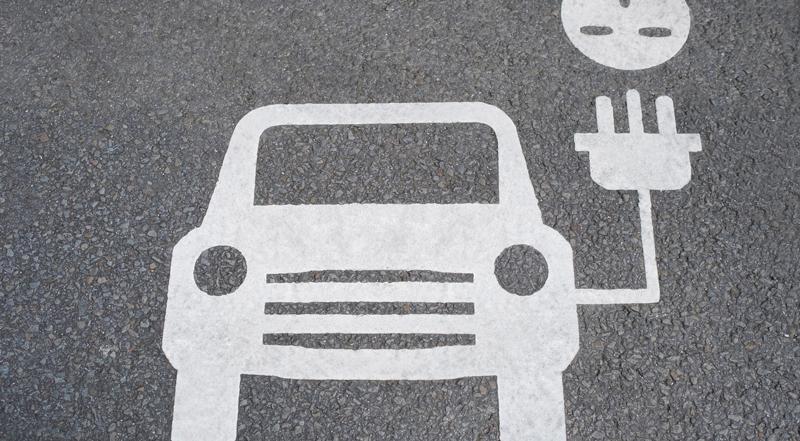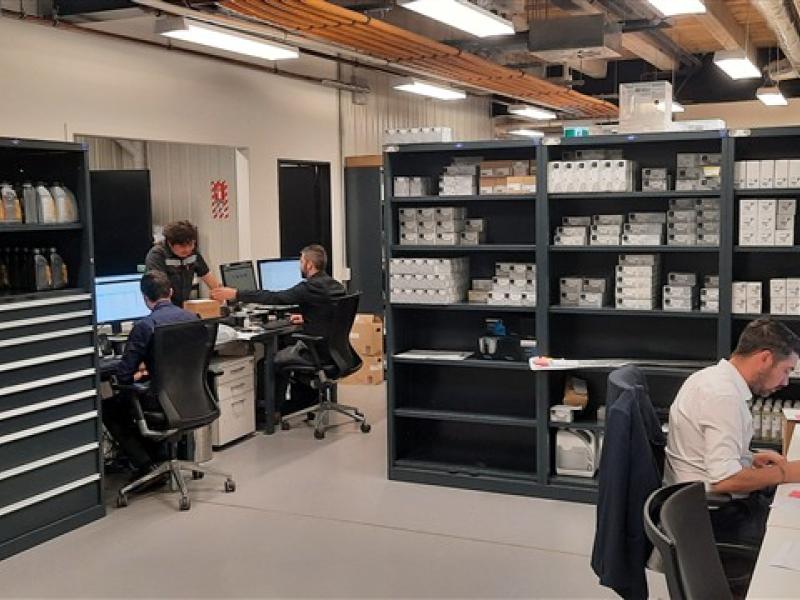Another point: can our electricity network handle a sudden surge in electricity demand from the recharging of electric vehicles?
There’s only so much power that can be delivered from each sub-station, and it’s based on normal household use. However, EVs under charge use most of the power the average home is designed to consume, so if even half the people in your street were to plug in an electric car, even to charge it “off-peak”, the supply could slow to a trickle, and you could wake up to find you don’t have enough juice in the battery – and possibly cold water for the shower just to put the cherry on top!
Yes, it can be fixed, but at what cost? Already I’m hearing of people arriving at charging stations only to find that only one of the two fast chargers can be used because the infrastructure can’t bear the load of two at once!
So what to do? The cost of upgrading the infrastructure would have to get passed onto to the consumer, probably in the form of more electricity tariffs. And this could mean you’re going to find electric cars are not so cheap to run after all – and you won’t be able to AFFORD to heat your hot water.
So, as I’ve said before, don’t be too quick to jump on the EV bandwagon!






